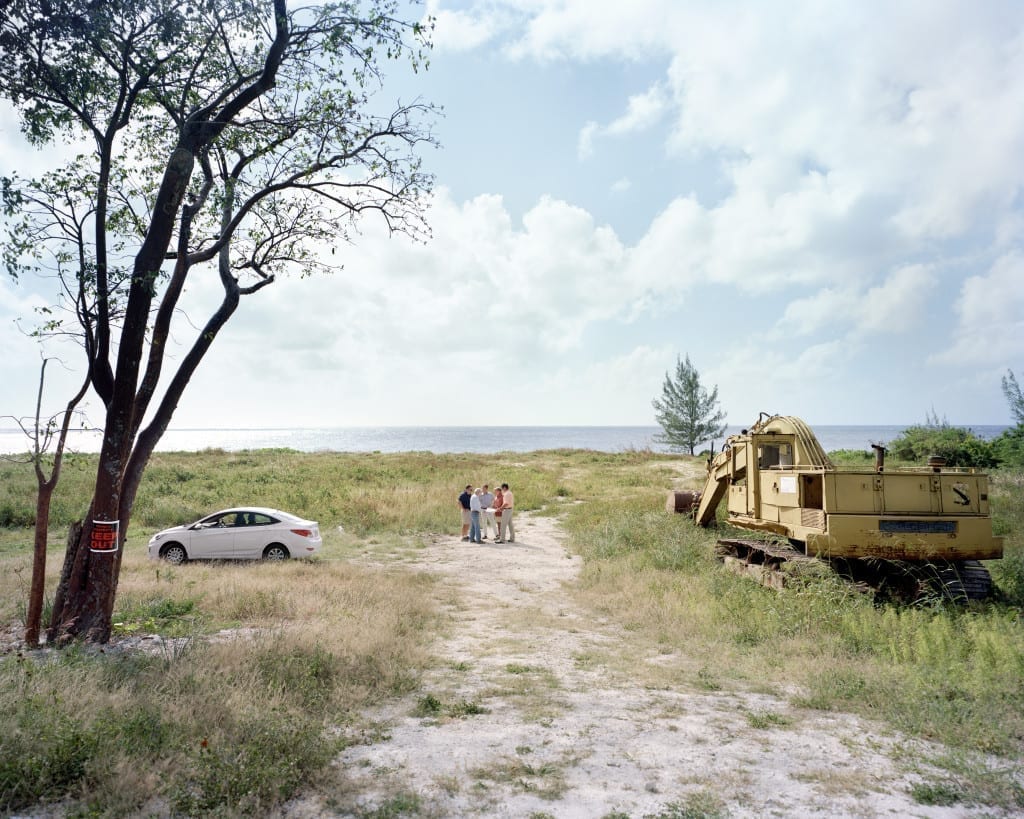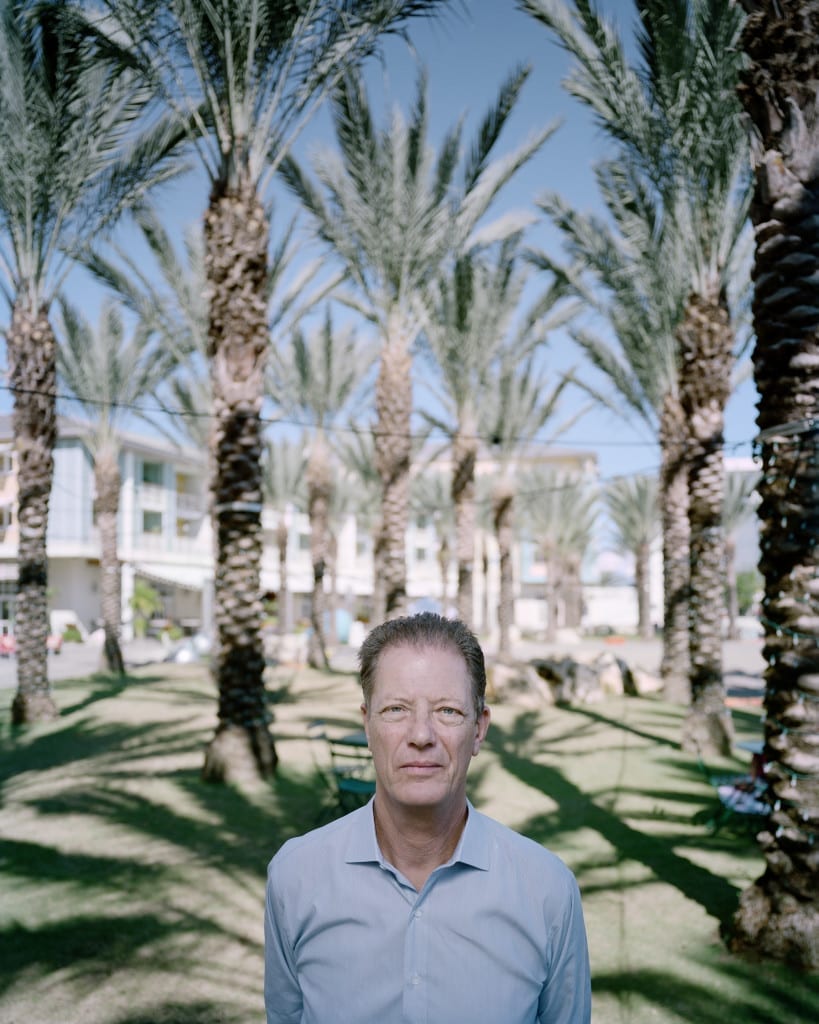How can it be that Starbucks paid no taxes between 2009 and 2012, and only changed its tune (slightly) following a customer boycott? Or that in 2014 Amazon paid less than one per cent tax on UK sales of more than £5bn, or Facebook just over £4000 on its UK operations in the same year – little more than the income tax paid by a British employee on the average £26,500 salary? And can it be that they have done so entirely legally?
These are the questions Gabriele Galimberti and Paolo Woods sought to answer in their project The Heavens: Annual Report, a series that attempts to put a face to the tax havens used by multinational corporations, among others.
“It was 2012, I was living in Haiti and Gabriele had just received his tax bill,” Woods says, speaking from his studio in Florence. “Gabriele had had quite a good year and he realised that he was paying more than 50 percent of what he had earned to the Italian state. And so we were looking at the map of the Caribbean and we realised that just one hour from Haiti was the Cayman Islands. Haiti is the poorest island in the Americas and Cayman is one of the richest; Gabriele jokingly said, ‘We should go to Cayman so I could hide my money and not have to pay taxes any more.’

Galimberti and Woods decided they would shoot in large format, blending slow photography with a journalistic intent. Their aim was to make a book – a book that would ironically mirror the format of company annual reports. “Very quickly the idea came that we would take pictures of people who were in the business, but that these pictures would be mocking the style you have in annual reports of this glossy, over-the-top, out- of-reach world,” says Woods.

“We quickly figured out it was going to be a complicated story. We photograph together, we research together, we travel together, we interview together, we designed the book together. So working together helped with all that, but it’s also easy to get discouraged when you are sitting in your guest house in Jersey for five days, cold-calling people who don’t want to see you or speak with you. It takes two to cope with that.”

